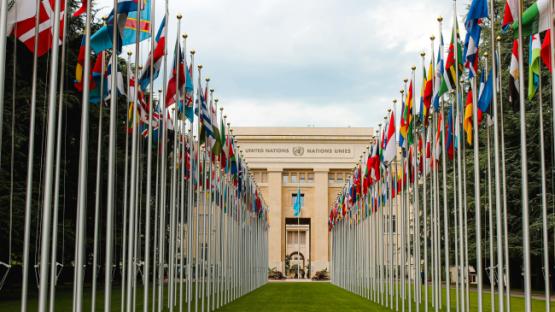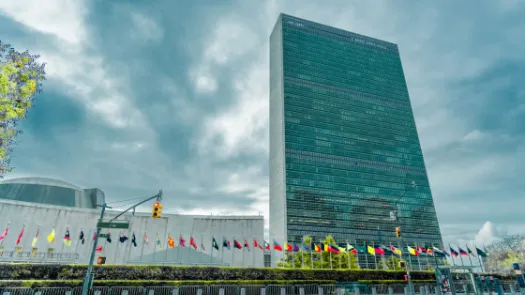
Joint submission in advance of the consideration of Kenya at the 77th session of the Committee on Economic, Social and Cultural Rights
Privacy International (PI), STOPAIDS, The Digital Health and Rights Project (DHRP), Kenya Legal & Ethical Issues Network on HIV and AIDS (KELIN), Haki na Sheria Initiative (HSI) and ICJ-Kenya (Kenyan Section of the International Commission of Jurists) submitted a joint stakeholder report ahead of the 77th Session of the Committee on Economic Social and Cultural Rights in relation to the consideration of Kenya’s compliance with the International Covenant on Economic, Social and Cultural Rights (ICESCR.)
The submission covers issues related to our organisation’s work on health and economic and social justice.
Advocacy
Post date
5th February 2025

Our submission made the following recommendations to the Committee regarding the Kenya:
- Review and amend the proposed digital identity system, the Maisha Numba, to ensure it aligns with Kenya’s national and international human rights obligations in its design and implementation, and adopts legal, policy and technical safeguards to prevent exclusion and marginalisation.
- Ensure that measures taken to develop digital public infrastructures abide by Kenya’s national and international human rights obligations including the right to social protection and the right to and adequate standard of living, and effectively regulate the involvement of the private sector in such initiatives.
- Ensure that there is an effective legal and regulatory framework in place to guarantee a human rights-based approach in the design and deployment of digital health technologies by the government and non-state actors which provides for the meaningful participation of affected communities and protects people’s rights to health, privacy, non-discrimination and equality
- Take steps to ensure that the necessary protections are in place for all, but in particular women and girls, persons living with HIV, and young people, to access sexual and reproductive health information and services safely and securely, and adopt a strong regulatory framework to protect the confidentiality and privacy of their data and health status including through the effective implementation of the Data Protection Act, 2019.
Learn more



